Red Market Brand’s long-term goal is to “establish a national network of First Nation-licenced producers who will supply Red Market and other First Nation cannabis products — all approved by Health Canada.”
From TheGrowthOp by Sam Riches June 21 2021
Red Market Brand (RMB) will give Canadian consumers an Indigenous option when it comes to purchasing Health Canada-approved cannabis products.
Founded by Isadore Day, former Regional Chief of Ontario, and Christian Sinclair, Onekanew (Chief) for the Opaskwayak Cree Nation, the long-term goal of the platform is “to establish a national network of First Nation-licenced producers who will supply Red Market and other First Nation cannabis products — all approved by Health Canada.”
Indigenous-owned and operated cannabis platform launches on National Indigenous Peoples Day
“The Red Market Brand is for full supply chain inclusion,” Day tells The GrowthOp, adding that RMB is meant to help correct what is seen as the government’s failure to meaningfully consult with Indigenous communities on the Cannabis Act.
A portion of RMB’s profits will be devoted “to creating sustainable First Nation community health and wealth,” Day says.
“It’s really important that we not miss any economic opportunity and I think governments now recognize that there’s a huge tie between that of reconciliation and the history of First Nations people in this country being somewhat in substandard conditions because of the former residential school education policies that really set us back,” he argues.

“This is us now saying, what sort of accommodation and what sort of mutual interests exists between a nation-to-nation partnership approach between a First Nation government and that of the Crown? Here’s the opportunity for us to say, ‘How can we do this to bridge that gap?’ And to say that we finally got something right in terms of economic reconciliation,” Day says.
Day suggests a platform like RMB can also help speed up a legislative timeline that may still be years away from being substantially updated and bring economic benefit to communities in the meantime.
“There’s a lot of money being made out there in the unregulated market right now. And by no means am I saying that’s wrong. That’s every community’s choice to proceed in which way they will. However, when it comes to being able to indemnify and to ensure your assets and to utilize the revenues generated out in the open market and to actually make that capital work for you, that’s the inability that currently exists,” he says.
RMB will help create greater exposure for the First Nation-owned cannabis brands as they navigate the federal system.
“RMB allows us to be able to work with licenced producers, get our own brand on the product labelling, and then be able to market that out to the retailers, across Ontario, and, eventually, across Canada,” says Sinclair. “So by doing that, it goes in line with how we view things from a philosophical standpoint to ensure that we’re sharing the potential success of our business model with other First Nations organizations across Canada.”
The platform will be debuting its first products through a partnership with Royal City Cannabis Co., a certified craft cannabis producer in Guelph.
“Our vision and values fully align with that of Red Market in terms of creating Indigenous inclusivity in the cannabis industry, the need for economic reconciliation, and respect for the environment and our duty as stewards,” says Mike Abbott, founder and CEO of Royal City Cannabis.

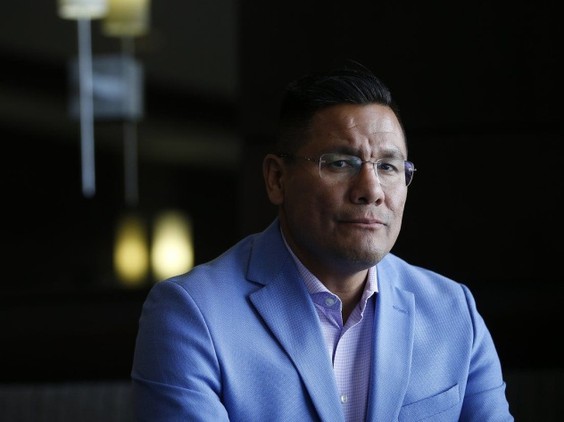



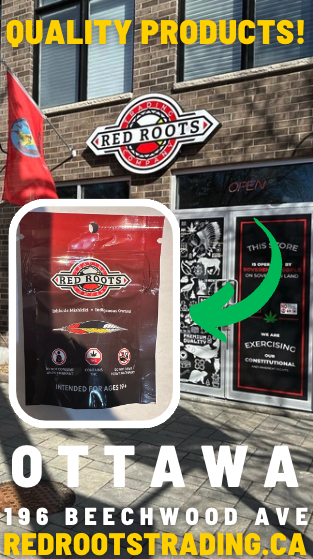

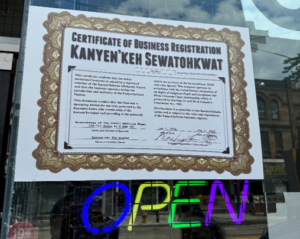

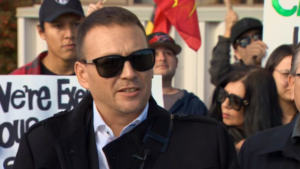

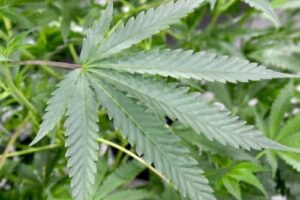

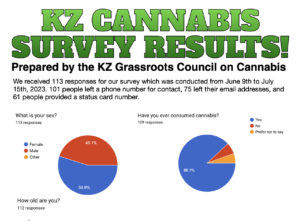
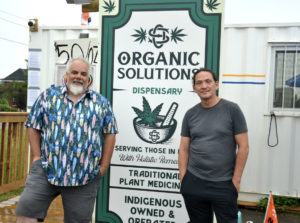


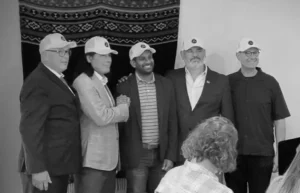
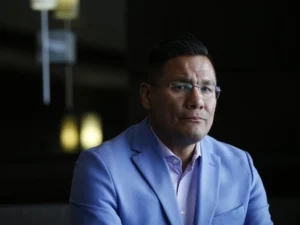
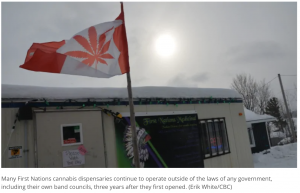

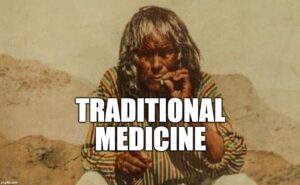
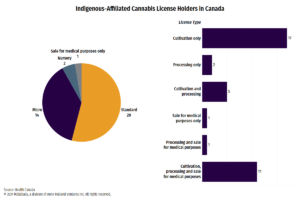


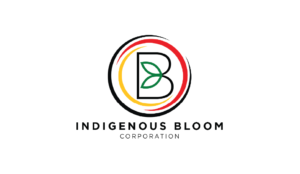



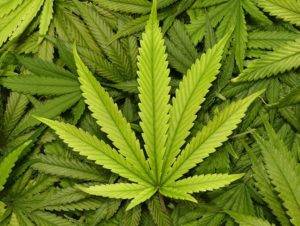


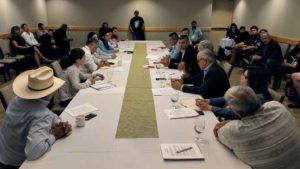
Comments are closed.